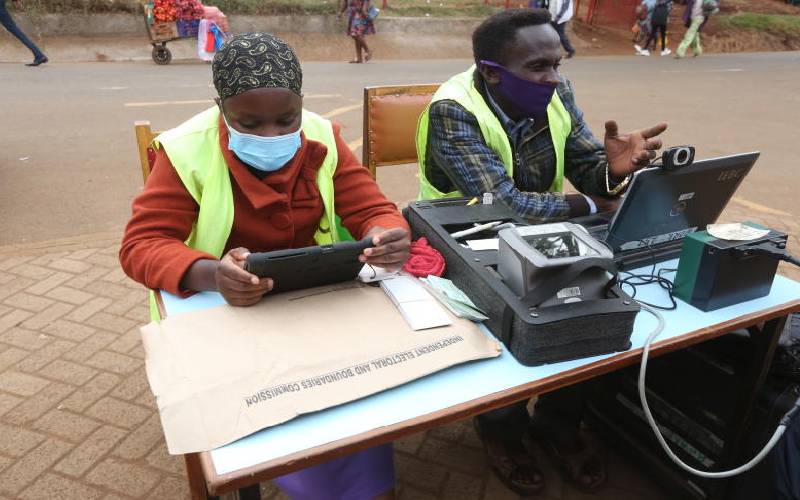
The recently concluded party nominations were characterised by low voter turnout. The voter apathy was a clear demonstration that the Independent Electoral and Boundaries Commission (IEBC) has not engaged the citizenry enough.
The voter apathy in the primaries comes at a time when IEBC has missed its target of 4.5 million new registered voters; it managed to register only 1,031,645 million at the end of its second voter registration exercise in February. The missed registration target coupled with low voter turnout in primaries threatens the legitimacy of the August 9 elections.